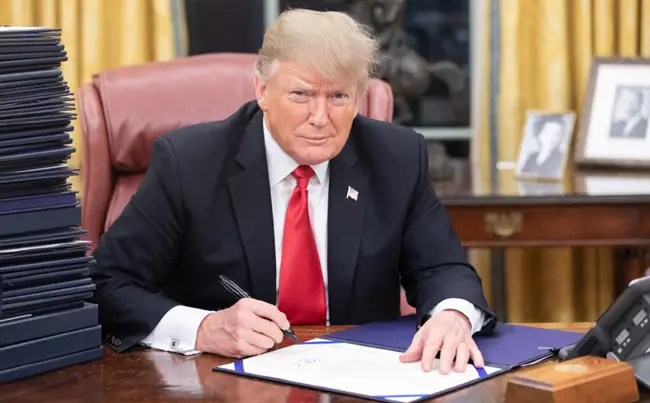Did Trump’s deregulation help small businesses?
During his presidency, Donald Trump made deregulation a central part of his economic agenda, aiming to reduce the regulatory burden on businesses, particularly small businesses. The administration’s efforts included rolling back numerous federal regulations across various sectors, with the intention of fostering a more business-friendly environment. But did these efforts actually help small businesses? The answer, from a conservative perspective, is largely yes.
Reducing Regulatory Burden
One of the key ways Trump’s deregulation efforts helped small businesses was by reducing the complexity and cost associated with compliance. Small businesses often lack the resources and legal expertise to navigate complex regulatory environments, which can make compliance costly and time-consuming. By rolling back regulations, particularly those deemed unnecessary or overly burdensome, the Trump administration made it easier for small businesses to operate without the fear of running afoul of complicated rules.
For example, Trump’s Executive Order 13771, which required federal agencies to eliminate two regulations for every new one implemented, was specifically aimed at reducing the overall regulatory burden. This order led to the rollback of numerous regulations that were considered obstacles to small business growth.
Encouraging Innovation and Entrepreneurship
Deregulation under Trump also encouraged innovation and entrepreneurship by creating a more flexible business environment. Without the constraints of heavy-handed regulations, small businesses were able to innovate more freely, bringing new products and services to market faster. This was particularly beneficial in rapidly changing industries like technology and healthcare, where the ability to adapt quickly is crucial for success.
Lowering Costs
By reducing the number of regulations, the Trump administration helped lower the operational costs for small businesses. Compliance with federal regulations can be expensive, especially for small businesses that do not have the same economies of scale as larger corporations. With fewer regulations to comply with, small businesses could allocate more of their resources to growth, hiring, and improving their products and services, rather than spending money on regulatory compliance.
Critics’ Perspective
While Trump’s deregulation efforts were generally welcomed by small businesses, critics argue that some of the rollbacks may have had negative side effects, particularly in areas like environmental protection and consumer rights. For example, reducing environmental regulations may lower costs for businesses, but it could also lead to long-term environmental degradation, which can have economic consequences of its own. Additionally, critics suggest that some deregulation measures favored larger corporations more than small businesses, potentially widening the gap between big and small enterprises.



